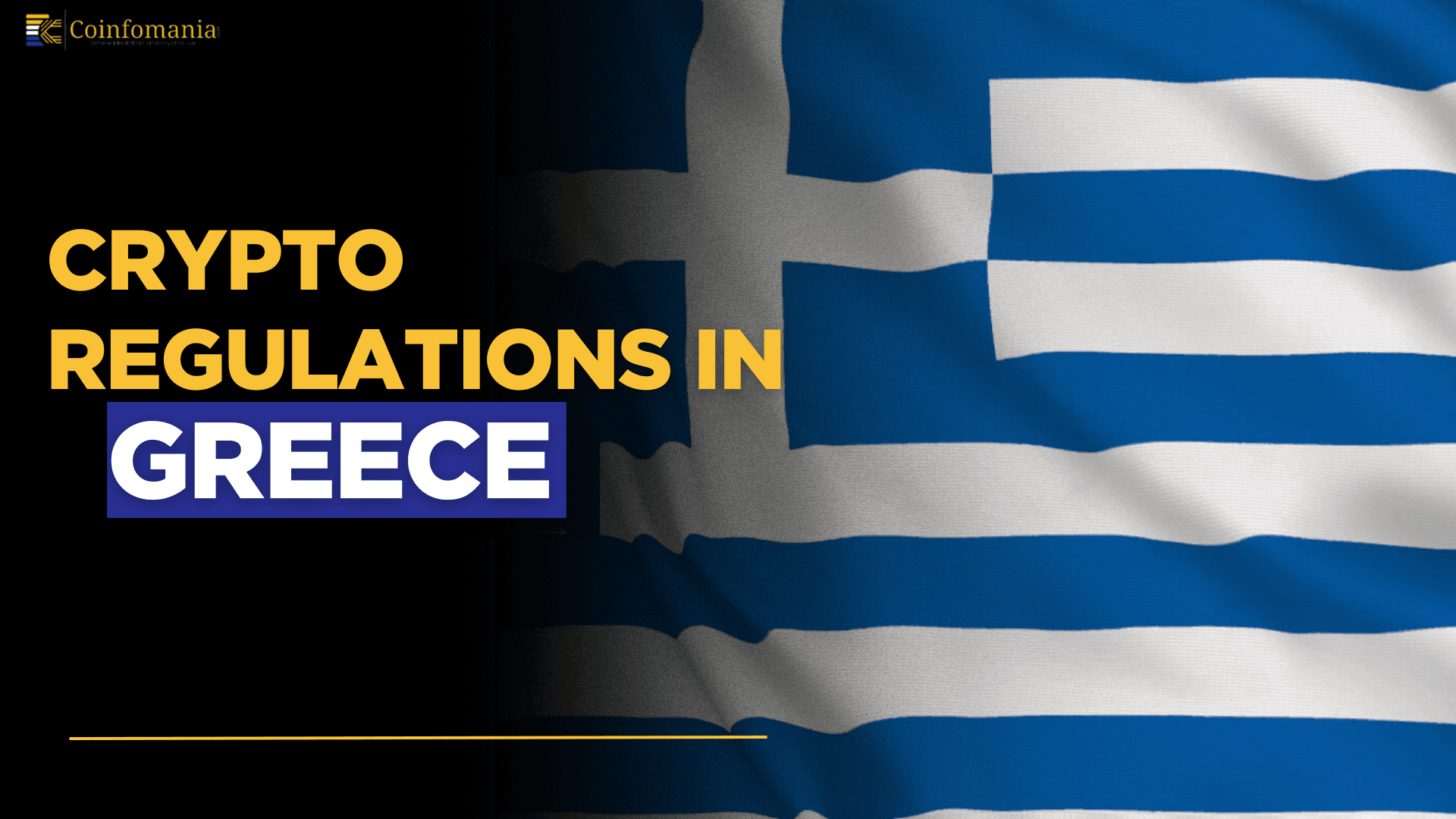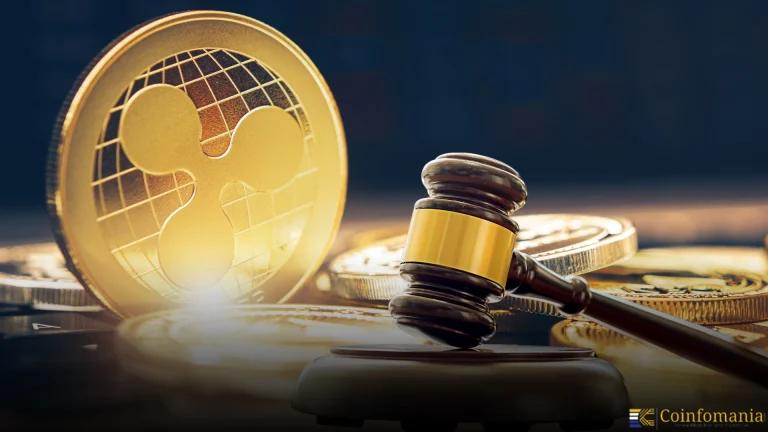Cryptocurrency Regulation in Greece
Greece has changed the simple anti-money-laundering regulations to an entire package of crypto regulation that mirrors the EU MiCAR rulebook. The first law that subjected crypto firms to the Greece AML regulations was law 4734/2020. The new Law 5193/2025 completes the task and places both the Hellenic Capital Market Commission (HCMC) and the Bank of […]

Greece has changed the simple anti-money-laundering regulations to an entire package of crypto regulation that mirrors the EU MiCAR rulebook. The first law that subjected crypto firms to the Greece AML regulations was law 4734/2020. The new Law 5193/2025 completes the task and places both the Hellenic Capital Market Commission (HCMC) and the Bank of Greece (BoG) in the position to oversee the industry. Beginning with the 2025 tax year, the gain on crypto will be taxed at 15 %, and investors will have straightforward and easy rules.
Historical Context
Greece was initially copying the warnings of the European Banking Authority of 2014 yet did not regulate crypto. The capital-control crisis of 2015 plunged large numbers of savers into Bitcoin, highlighting regulatory loopholes. In October 2020, Law 4734/2020 altered AML Law 4557/2018 and designated the HCMC the AML/CTF watchdog of exchanges and custodian-wallet providers. MiCAR came into EU law in the middle of 2023 and was directly applicable on 30 December 2024, after which Law 5193/2025 localised application of fines.
Regulatory Framework
All crypto-asset service providers (CASP) aiming to target Greek customers have to be HCMC-registered. The cost of the application is 1,500 euros with an additional 1,000 levy per year and companies should have their own funds of 150,000 euros to 750,000 euros, depending on business size. The HCMC is given 60 calendar days to decide a complete file, whereas the BoG handles systemic-risk inquiries and operates the national Regulatory Sandbox of blockchain pilots. The definitions of MiCAR will be used: a token that is considered to be e-money or a financial instrument will lead to further licensing based on the existing EU directives.
Greece Crypto Policies
Legal nature: Digital assets are property, not legal tender, and merchants can not insist on payment in Bitcoin or Ether.
Trading and custody: The residents of Greece are required to trade on HCMC-licensed platforms; exchanges abroad must obtain the same license or cannot solicit residents of Greece. Regulators have started IP-blocking non-compliant websites.
Taxation: Since 1 January 2025, all net gains are taxed at 15% and reported in the annual return to be filed by 30 June, the Finance Ministry is finalising cost-basis guidance.
Mining: Under normal company and environmental legislation, mining is legal; the profits are considered to be business income since no special tariff has yet been established.
Crypto Innovation Approach
The Regulatory Sandbox (Executive Committee Act 189/2021) allows start-ups to test tokenised payments, stablecoins and other DLT products with supervisory feedback in real-time within a maximum period of six months. Greece is also a member of the EU Blockchain Services Infrastructure and has been chosen as part of the 2025 European Blockchain Sandbox cohort, which is testing self-sovereign ID and on-chain diplomas. Events like Crypto Athens Week are annual events that promote communication between regulators, academics and developers.
Key Challenges
The smaller EU firms may be put off by the entry cost and resident-director rule. Geo-blocks do not prevent Greek retail investors accessing offshore yield schemes through VPNs, where they are also vulnerable to scams the HCMC is ill equipped to police. Local exchange cyber-insurance is non-existent and platforms have to self-insure against security failures, and education is slow to keep up with market penetration.
Important Regulatory Trends and Prospective
Examples of what draft HCMC acts would do is to increase fitness tests of senior managers and make large CASPs establish board-level risk committees. Athens Stock Exchange is gearing to issue its first tokenised SME bond within the EU DLT Pilot Regime by the end of 2025, indicating formal approval of on-chain capital-markets products. The BoG is proposing consultation on MiCAR stablecoin triggers, which may limit euro-based tokens in case of volume exceeding.
Conclusion
In just under 10 years Greece has been transformed, having gone through a period of what was described as a murky crypto scene to one which is MiCAR-compatible that combines strict AML regulations, transparent tax treatment and a sandbox to perform regulated innovation. The extent to which the HCMC and BoG will be able to implement these rules will not strangle the start-ups to make Greece a real Mediterranean center of compliant digital finance.
FAQs
1. Is cryptocurrency illegal in Greece?
Yes. On the one hand, individuals are allowed to purchase, sell and possess digital assets, however, they can only do so with a provider registered at the HCMC; crypto is not understood as a legal tender, but as a property.
2. Am I allowed to continue using an unlicensed foreign exchange when living in Greece?
It still allows you to log in, but as soon as you place a trade using a Greek IP address when the platform is not approved by HCMC you will violate local legislation. Regulators have begun to intercept payment rails and may impose fines on those that continue to use VPNs
3. What will be the taxation of my crypto gains as of 2025?
Realised capital gains after 1 January 2025 are treated at a flat rate of 15 percent. You will have to report them in your annual income-tax return and the method of ascertaining the cost-basis is to be provided ahead of the first filing date.
4. What is the duration of obtaining HCMC registration?
After filing a complete dossier, the HCMC has sixty days to decide, but pre-filing meetings and subsequent questions may extend the entire process. The process is normally accelerated by early involvement.
5. How much capital is needed to have a Greek CASP license?
The own-funds requirement varies between 150,000 euro to 750,000 000 euro according to the size of the business and services that are being provided and the own-funds must be maintained on the balance sheet at all times.
6. Is there a different regulation of stablecoins in Greece?
Yes. MiCAR Titles III and IV of e-money and asset-referenced tokens came into effect on 30 June 2024, and the BoG has the powers to increase reserves limits should volumes pose a risk to financial stability.
7. Does crypto-mining have special energy tariffs in Greece?
There is no single tariff as yet. The miners are guided by regular environmental and zoning regulations and subject to business tax on any profit.
8. Which assistance does the Bank of Greece provide to blockchain start-ups?
It has a Regulatory Sandbox where a live test of six months with real customers is closely supervised and directly fed back to, often reducing the route to full authorisation.
9. Are Greek citizens able to buy products by paying with Bitcoin?
They cannot. Crypto is not legal tender so merchants can only accept it on a voluntary barter basis and most prefer to use euros to be on the safe side.
10. Will Greece accept MiCAR licences given in the other EU countries?
This would be the case, but only when the other state authority approves the licence and the CASP provides a passporting notification to the HCMC; there would still be local conduct requirements to clients in Greece.
Follow us on Google News
Get the latest crypto insights and updates.
Related Posts

Ripple Highlights Custody as Key to $18.9T Tokenized Assets by 2033
Shweta Chakrawarty
Author

Hong Kong SFC Issues New Custody Rules for Crypto Platforms
Shweta Chakrawarty
Author

South Korea and Vietnam eye $150B trade despite Trump tariff
Shweta Chakrawarty
Author